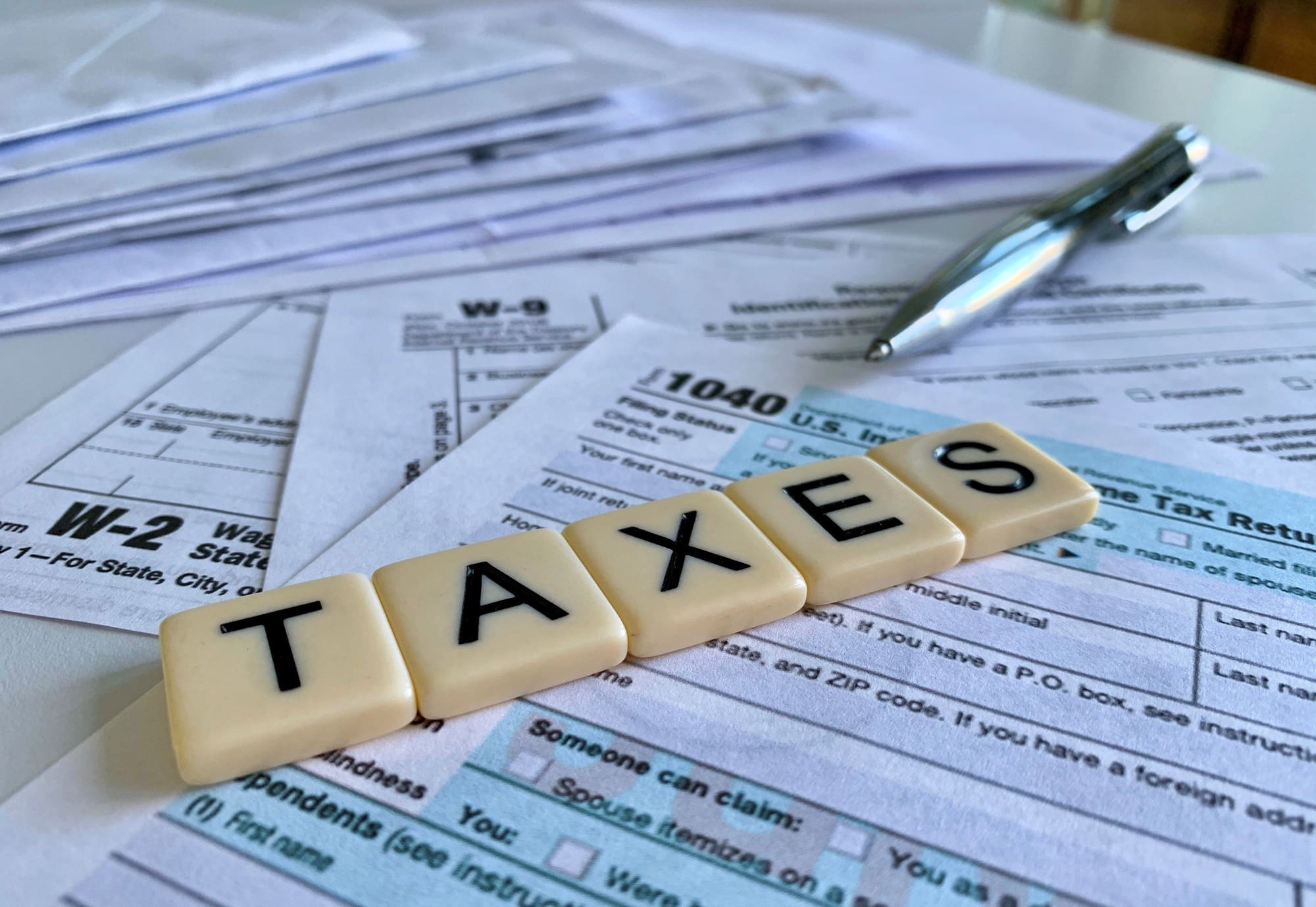Bringing taxation on assets in line with the regime for income tax could raise £90bn over five years, according to a recent report from the Institute for Public Policy Research (IPPR) which is calling for the removal of the capital gains tax (CGT) regime
The think tank says that what it calls ‘special treatment’ of income from wealth held as assets via CGT means that the well-off are taxed at lower rates than those who only pay income tax on earnings.
It describes the current tax system as ‘deeply unfair’, pointing out that someone on a £50,000 a year salary would pay 42% of a £20,000 pay rise in tax, but just 8% of their additional income if they received £20,000 profit from selling non-residential assets.
The think tank says that this disparity makes inequality worse, as the wealthiest people are more likely to get income from wealth and hence can end up paying less tax than they would if their income was from work.
It also claims the wealthiest are also more able to avoid their tax obligations by shifting their income source from wages so that they are paid in the form of capital gains and dividends, which are taxed more lightly.
The IPPR recommends abolishing separate tax rates on capital gains by incorporating them into the income tax schedule. It also wants most of the current exemptions, allowances and reliefs removed, bringing capital gains in line with taxation of earnings from work.
According to its modelling, these changes could raise up to £120bn of additional revenue over five years, adjusted to £90bn following potential behavioural changes, which are included in its model.
The report also makes the case for a radical overhaul of the current system for taxing other income. IPPR proposes merging income tax and employee NICs – replacing the current system of sharply changing marginal tax rates and variable personal allowances with a single, formula-based tax rate applied on all income regardless of source, that rises gradually between lower and upper thresholds (2% for the lowest earners to 50% for the very highest earners).
It claims these reforms would make the tax system more progressive, with the tax burden being redistributed from lower to higher earners. A revenue-neutral transition would mean average tax bills falling for those earning under £44,800 – over three quarters of all income taxpayers. Someone on the average UK salary of £26,000 would see their income tax bill fall by four percentage points– the equivalent to an extra £1000 a year.
Tom Kibasi, director of the IPPR, said: ‘This is a matter of basic fairness. It is fundamentally wrong that people who get their income from betting on the stock and shares or playing the property market pay less tax than those who go out to work each day to provide for their families.
‘The current tax system works for the rich, designed to help them avoid paying their fair share. Taxing all income in the same way would be a crucial step forward.’
Capital gains tax was introduced in 1965 to recognise some basic differences between income and gains. Although less well known, the first moves toward a tax on capital gains were made in 1962, when Selwyn Lloyd introduced a short-term gains tax, aimed exclusively at speculative gains.
The message for those holding assets with inherent gains and relying on the certainty of a tax which is over 50 years old? There is no better time to start on that capital taxes planning you have put off for years!
The IPPR paper, Just Tax: Reforming the taxation of wealth and work may be found at


